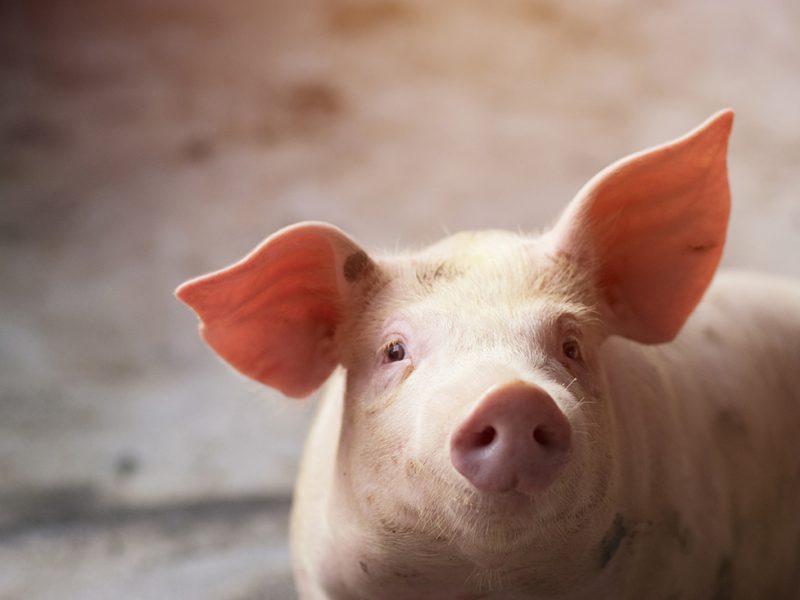Chinese consumers eat 88 pounds of pork a year, more than anyone else in the world, but a trade war means producers from North America won’t be able to feed that market – and they’ll have to deal with rising inventories of their own in the interim.
China is home to more than half the world’s pigs, explains Anne Wasko, a market analyst with Gateway Livestock Exchange in Eastend, Saskatchewan.
In January 2018, it had 441.6 million hogs. By this April, African swine fever (ASF) had resulted in a 22% drop in sow numbers. That works out to 9.7 million fewer sows in China, or the birth of 150 to 200 million fewer piglets – the equivalent of 12 to 15 million metric tons less pork. The shortfall has chopped 30% of the country’s pork.
“It’s not going to be a fast fix,” says Brian Warr, cattle veterinary services manager with Zoetis. “We can only hope [ASF] stays right there in China. We have a global concern about its spread.”
But the market hasn’t yet seen the effects of China’s pork shortfall, says Wasko. China slaughtered and froze as much pork as it could last year, but those inventories are running out. Pork prices began to rise in August.
“They are starting to import more of all three proteins: pork, chicken and beef,” she says. “Even though beef will never be the leader there, we will see some uptick.”
The reason, Wasko explains, is that Chinese consumers eat about 88 lbs of pork per person a year, more than anywhere else in the world. There is no way the rest of the world can fill the gap created by ASF.
“World-wide exports of pork are only eight million tonnes,” notes Wasko. “So even if it all went to China, it would not make up the shortfall.”
Moreover, tariffs on US meat and a ban on imports from Canada mean China can’t look to North America to supply it.
“Chinese consumers will simply have to eat less pork,” says Wasko.
Meanwhile, a record high pork inventory in the US has begun to push down beef prices because there’s simply too much meat relative to demand.
“It’s a protein story,” says Wasko, noting that much demands on whether or not US producers can find alternative export markets, something producers in Canada also trying to do. “This story has a long tail to it and we will be talking about it next year as well.”


 ALC steps up compliance efforts
ALC steps up compliance efforts